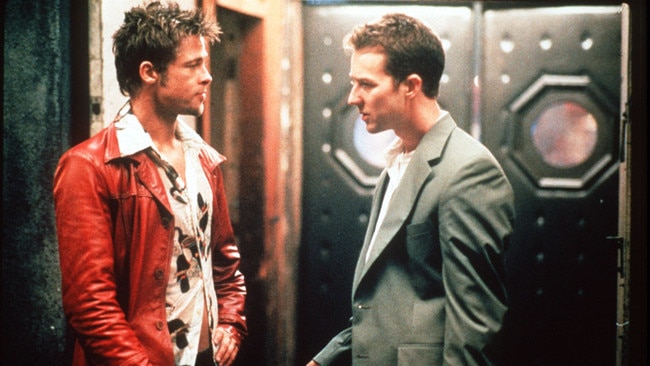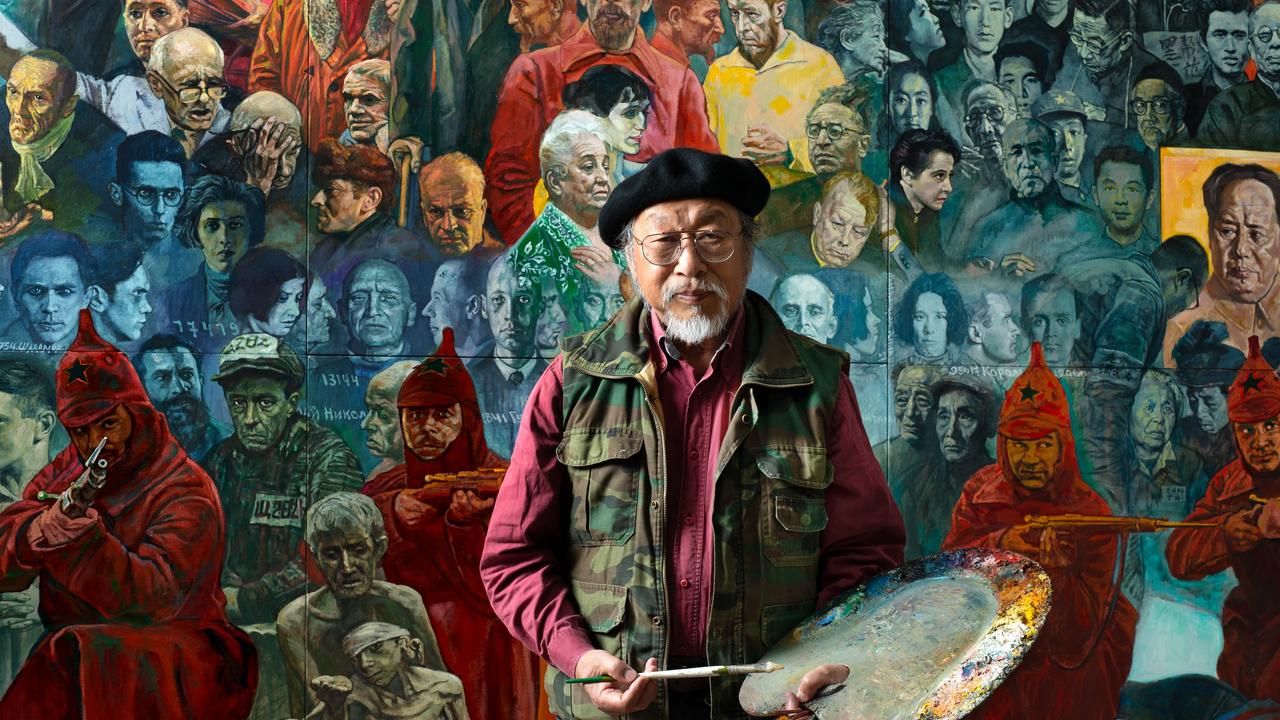Spoiler alert — surprise endings are overrated
Audiences are not that bothered if they find out in advance the twists or surprise endings in movies and TV shows.

In the first few decades of cinema, patrons would buy a ticket that granted general admission to the theatre. Several features would be playing on a loop and you could choose whichever you fancied. You might enter halfway through the main movie, watch it until the end, see the cartoons and the newsreel, then start from the beginning to catch what you’d missed. It functioned rather like a big public television.
Then, in 1960, a director decreed that no one would be permitted to enter screenings once his new film had begun: the integrity of the viewing experience was paramount. The film was Psycho and Alfred Hitchcock’s edict — part artistic statement, part marketing ploy — placed new emphasis on plot twists in the final act. (He also asked critics not to discuss those key details.)
Today, writers and filmmakers are obsessed with spoilers. JK Rowling has urged those watching Harry Potter and the Cursed Child, a stage play, or the new Fantastic Beasts films to “keep the secrets”. Anthony and Joseph Russo, the directors of Marvel films, have issued statements requesting that fans not ruin them for others. When Once Upon a Time … in Hollywood screened in Cannes, a similar plea from Quentin Tarantino was read to the press, to much exasperated booing.
Audiences are zealous about the matter, too. Many viewers will go offline before episodes of a favourite TV show or mute certain words on social media to avoid seeing potentially spoiling posts.
Writers must declare that their review contains spoilers or face a backlash. One fan was assaulted outside a screening of Avengers: Endgame for “loudly revealing” the movie’s outcome.
Narratives have always had twists and unforeseen turns. Citizen Kane (1941) reveals a crucial detail in the last minute; whodunits keep audiences guessing until a last gasp-inducing denouement. Yet Michael Curtiz didn’t ban viewers from entering Mildred Pierce (1945) late, nor did Orson Welles embargo the press on matters relating to Rosebud. Surprises were there to be had, certainly, but they weren’t particularly treasured or protected. (A notable exception is a production of The Mousetrap on the West End, which for decades has asked its patrons to keep quiet.)
In films of the 1990s such as The Crying Game, Seven, The Usual Suspects and Fight Club, the twist ending came of age; M. Night Shyamalan, a writer and director, became something of a master of the form. The ascendancy of the twist coincided with the spread of the internet, and the spoiler hysteria began. With so much analysis of films and TV online, new rules of debate were inaugurated whereby warnings must be given about spoilers or readers must be allowed to opt in to them.
Filmmakers realised fans were invested in the surprise and pandered to them. Joseph McGinty Nichol released false spoilers for Terminator: Salvation; other directors shot multiple endings for their films. The Last Watch, a documentary about the making of the last season of Game of Thrones, shows scripts being shredded following the cast read-through and actors being flown out for needless location shoots to mislead journalists and fans.
This is all rather ridiculous — and cynical. Shocking plots are what get people talking, tweeting and tuning in. In TV, they help to guarantee huge ratings on the day of broadcast. The hubbub encourages fans to book their cinema tickets in advance. The Russo brothers begging viewers not to ruin the Avengers films probably helped them to secure the biggest opening weekend in film history. See it now, that seemed to say, or have someone else spoil it for you.
This attitude stifles proper discussion of stories by critics as much as viewers, and it inflicts damage on storytelling as a craft. By promoting one technique, the twist, and one effect, surprise, stories get bent out of shape. They try too hard to counter expectation and resist predictability. The Lord of the Rings is predictable from beginning to end but the series does not suffer for it. William Shakespeare gave away the end of his tragedies by billing them as such and no one seemed to mind (Romeo and Juliet even told the audience the story in a prologue). Columbo, a classic crime serial, reveals who committed the murder at the beginning of each episode and succeeded in making the investigation thrilling to watch.
Stories that promote surprise over character end up as mere soap opera, a series of sensational shocks. That corrodes credibility, while some reveals — They were all dead! It was all a dream! — do not so much blow minds as waste time. More significant than all of this, though, is the fact surprise is overrated. A study carried out by Jonathan Leavitt and Nicholas Christenfeld in 2011 found that knowing how the story ends doesn’t hamper enjoyment — it increases it. In other words, spoilers don’t spoil anything.


